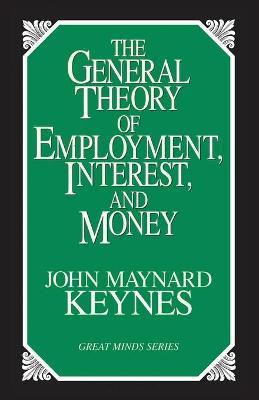The General Theory of Employment, Interest, and Money

The General Theory of Employment, Interest, and Money
economy leads to full employment, Keynes showed that a market economy can operate at less than full employment and that it may even work against reducing unemployment. Keynes advocated enlightened governmental intervention over unregulated laissez-faire policies. The Keynesian analysis of how monetary and financial arrangements affect the economy has formed the basis of subsequent activist governmental fiscal and monetary policy. Heart trouble ended Keynes's academic career in 1937. However, he remained active as an adviser to the chancellor of the exchequer (1940) and as principal British delegate and negotiator at the Bretton Woods Conference (1944), Stage II of Lend Lease (1944), arrangements for a United States loan to Britain (1945), and the inauguration of the International Monetary Fund and the International Bank (1946). In 1942, he was raised to the peerage, being named 1st Baron Keynes of Ti
PRP: 112.36 Lei
Acesta este Prețul Recomandat de Producător. Prețul de vânzare al produsului este afișat mai jos.
89.89Lei
89.89Lei
112.36 LeiLivrare in 2-4 saptamani
Descrierea produsului
economy leads to full employment, Keynes showed that a market economy can operate at less than full employment and that it may even work against reducing unemployment. Keynes advocated enlightened governmental intervention over unregulated laissez-faire policies. The Keynesian analysis of how monetary and financial arrangements affect the economy has formed the basis of subsequent activist governmental fiscal and monetary policy. Heart trouble ended Keynes's academic career in 1937. However, he remained active as an adviser to the chancellor of the exchequer (1940) and as principal British delegate and negotiator at the Bretton Woods Conference (1944), Stage II of Lend Lease (1944), arrangements for a United States loan to Britain (1945), and the inauguration of the International Monetary Fund and the International Bank (1946). In 1942, he was raised to the peerage, being named 1st Baron Keynes of Ti
Detaliile produsului









